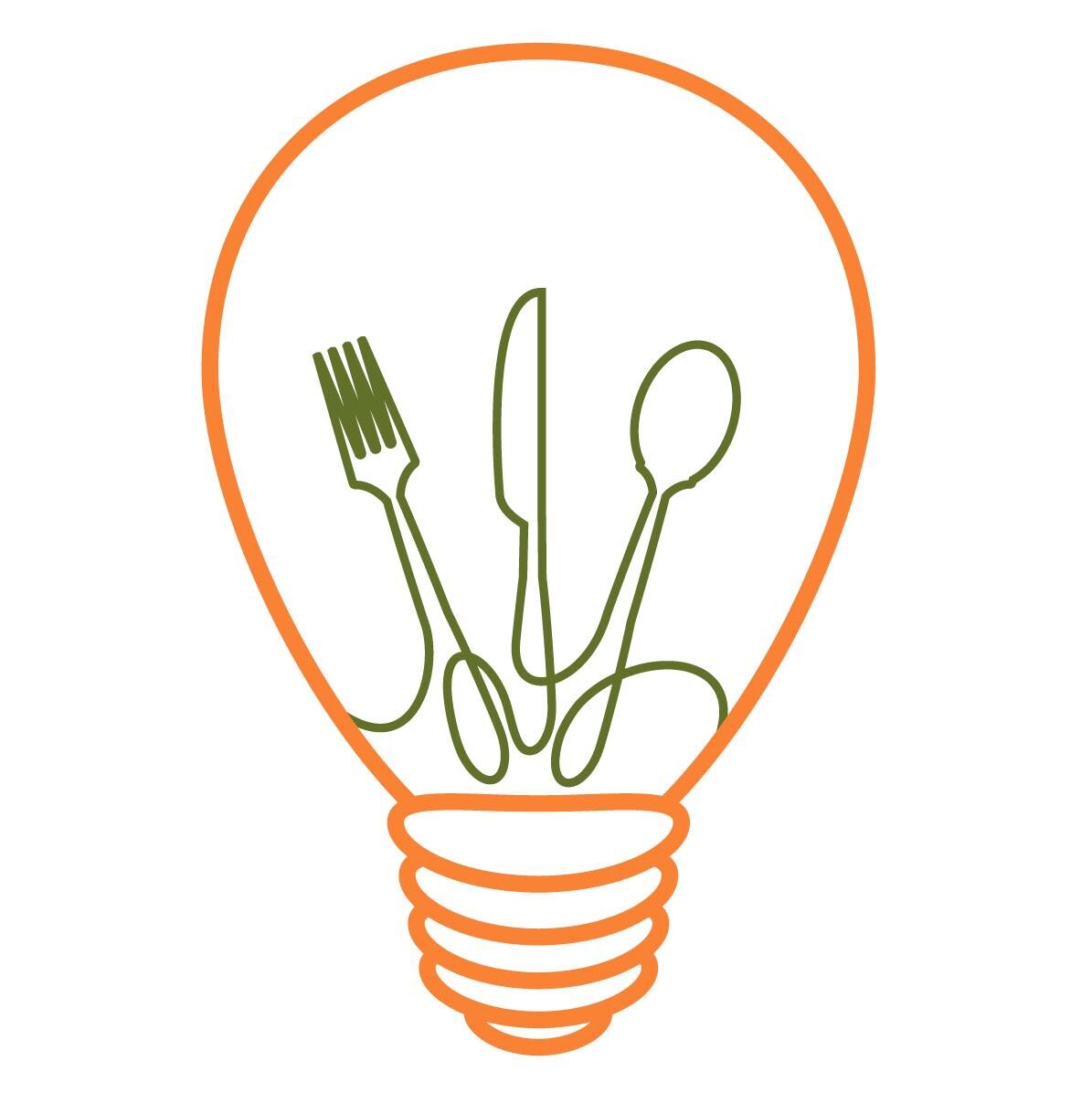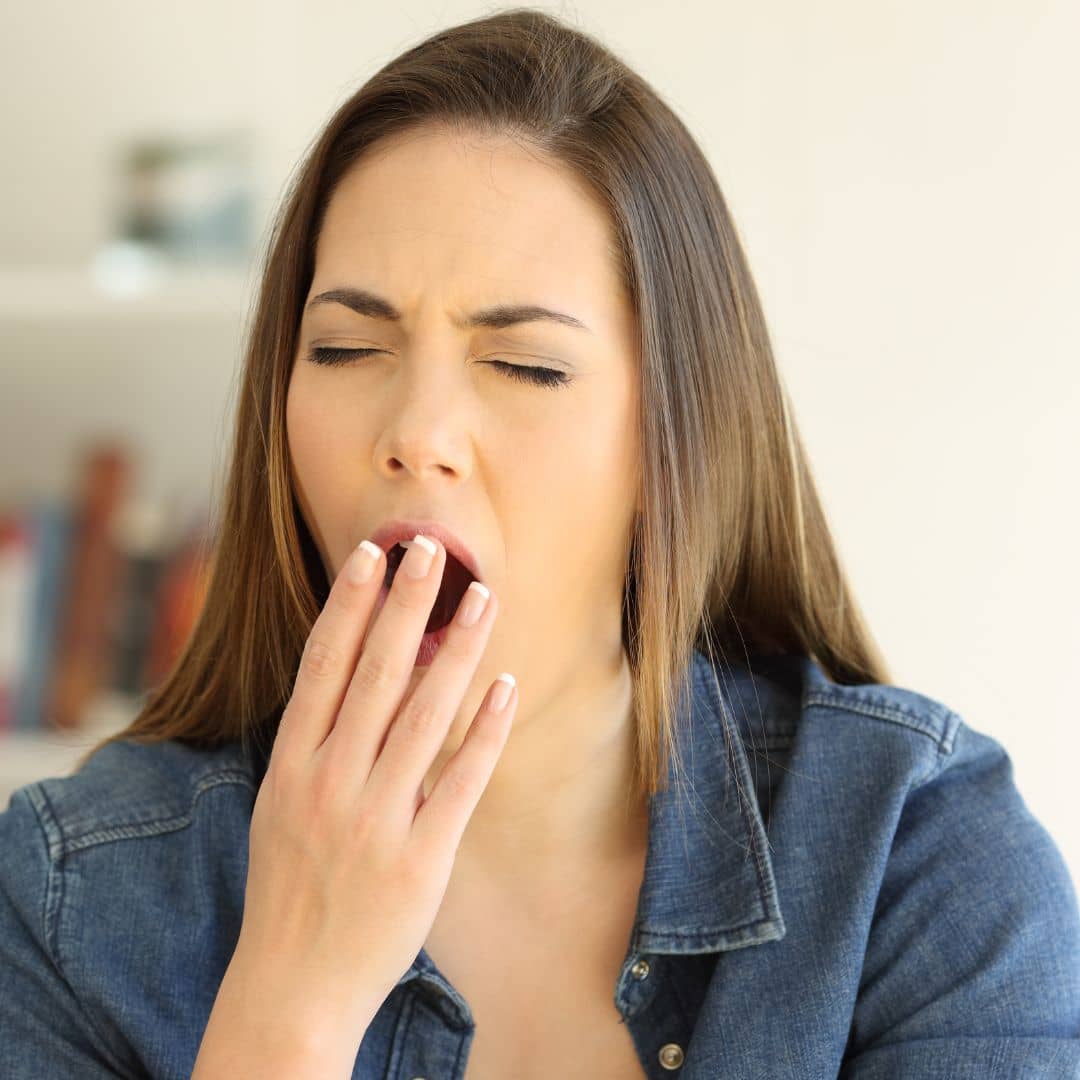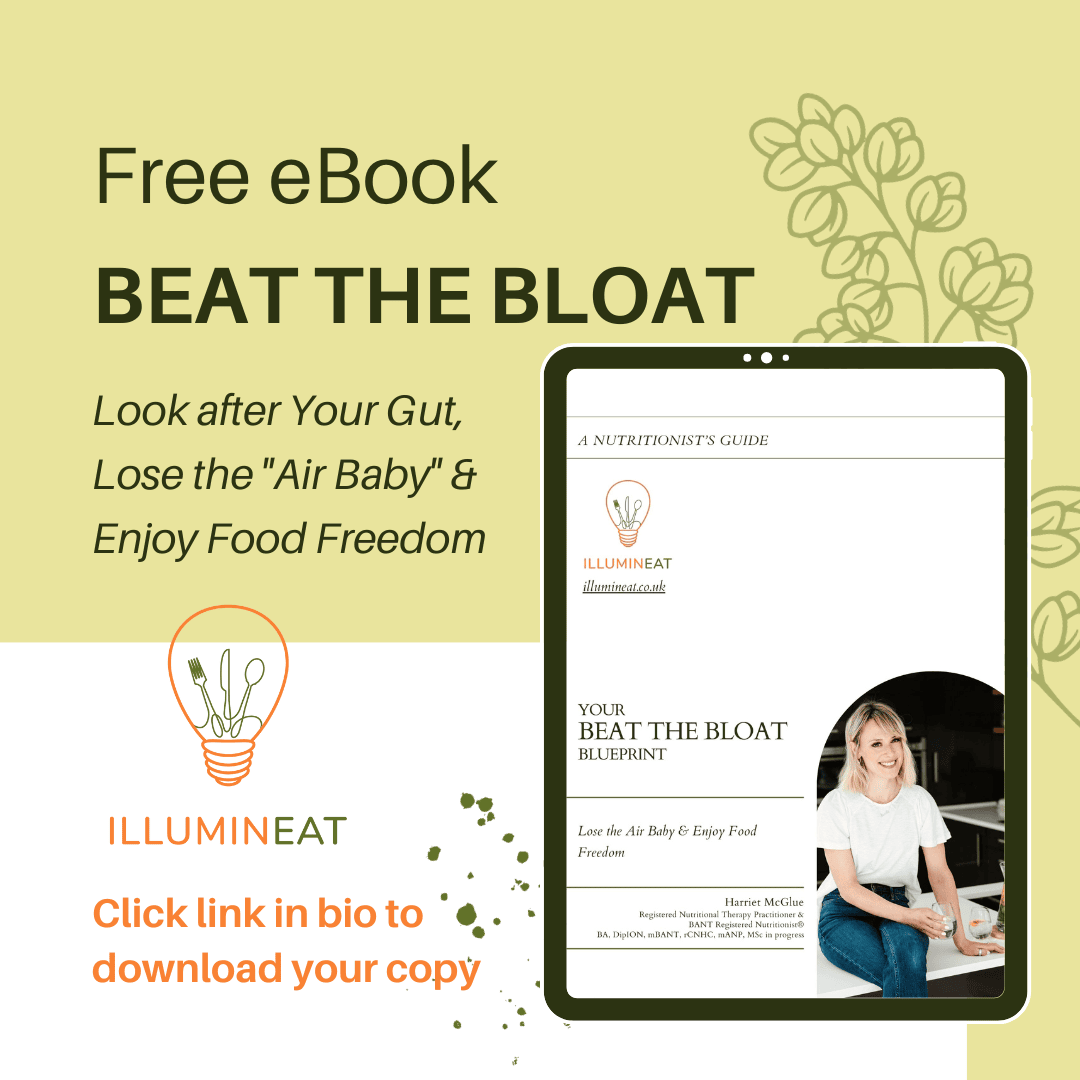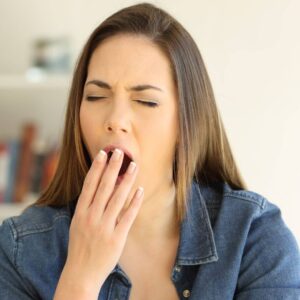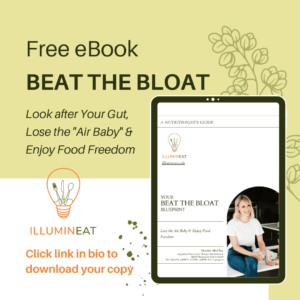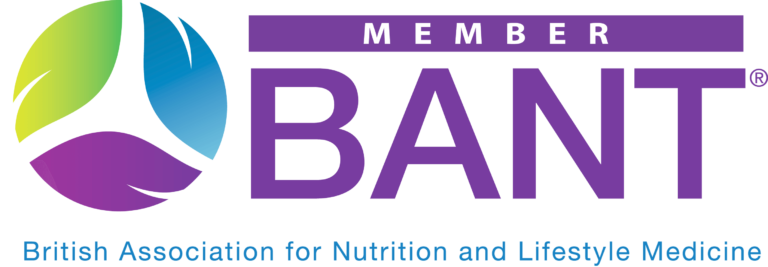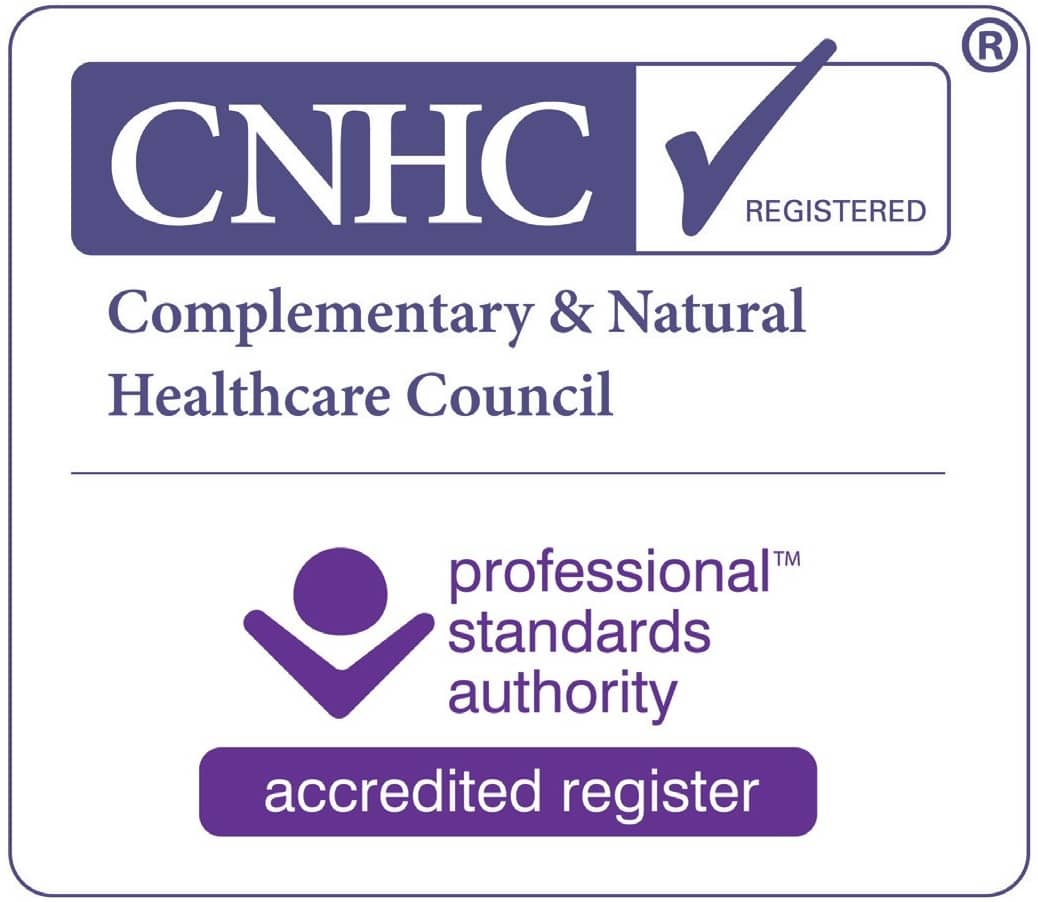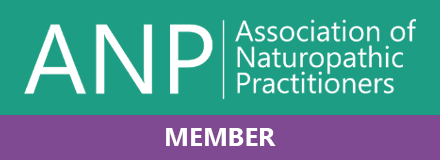Almost all of ask will have asked “why am I always tired”? at some point and the reasons can be many and complex. Often, it’s little more than a hectic schedule and not enough rest – and will be fixed with a few good nights’ sleep. In other cases, fatigue is far more profound, long-lasting & frankly debilitating.
So what to do? First off, you need to see your doctor if fatigue is persistent and unexplained. Thyroid issues, other automimmune diseases, B12 deficiency, various anaemias, low iron stores and other more sinister causes need to be ruled out first.
But what if, like the majority, you’re told your tests are all “normal” but still asking “why am I always tired”?! Now what?! That’s where nutritional therapy comes into its own. Registered Nutritional Therapists have access to in-depth functional testing not available on the NHS and use a systems-based approach that looks at the whole person to root-out underlying causes of persistent poor health
7 common reasons for fatigue
1. We’re on a blood sugar rollercoater
When we digest carbohydrates, sugar (glucose) is released into our blood. The amount of sugar – which is used to make energy – is tightly controlled by the hormone insulin. Sugary foods and starchy carbs (white bread, bakery items, pasta, rice etc) can cause our blood sugar to rise sharply (spike) & then dip (crash) – as lots of insulin is pumped out to remove it from the bloodstream (too much is toxic). This blood sugar “rollercoaster” of highs and lows leads to a cycle of short energy bursts followed by the inevitable crash (hence the 11am or 4pm slump – which are often the result of food choices earlier in the day).
Blood sugar dips are stressful for the body too (low blood sugar is interpreted as an emergency because not enough glucose in the blood is fatal!) so our stress hormone cortisol rises…and stress makes fatigue worse…
The fix is simple: eat fewer sugary & starchy foods, especially at breakfast and for snacks. Opt for quality protein, healthy fats & fibre-filled foods at every meal and snack. These act like a sponge to slow the release of sugar into the bloodstream (even when your meal includes plenty of carbs!) for steady energy levels.
2. Our sleep is rubbish
Are you getting enough? Not many of us are…myself included (thanks insomnia & toddler!) Do what you can to prioritise it as deep sleep is super important for repair and healing. Sleep apnea is massively under-diagnosed, too.
Focus on sleep hygiene (cool, dark room, wind-down routine etc). Most importantly, stick to the same sleep and wake times. Set your circadian rhythm (body clock) in the morning by getting some sunlight on your face or get a cheap red light box (that mimics the sun) for dark winter mornings. We produce energy (ATP) from melanin exposure to sunlight – in other words we are like plants photosynthesising!
Watch the blue light from screens later in the day – it is so detrimental to our mitochondria, the “battery” of our cells where energy is made. Put the devices away a couple hours before bed – or if Netflix is just too tempting wear blue-light blocking glasses and pick something non-stimulating!
3. We’re too damn stressed!
We’re perfectly adapted to deal with short, acute bursts of stress. What humans don’t do well is the chronic, unrelenting demands of 21st century living. High levels of stress hormones like cortisol over long periods can eventually lead to the opposite – low cortisol – as many of our hormones work via a negative feedback loop (think thermostat!). This is a problem as cortisol is what gets us out of bed in the morning! This is HPA axis dysfunction – aka “burnout”! Many other hormones will be affected (nothing in our bodies works in isolation) – our metabolism, thyroid and sex hormones will often be thrown off too.
Our brain chemistry and energy levels are closely linked. After all, emotional stress can be a huge energy zapper and one of the main symptoms of depression is fatigue.
Try journaling, mindfulness or practicing gratitude: Our beliefs, attitudes and perceptions really determine our quality of life. If our thoughts and emotions aren’t healthy then our body won’t be either! And take time out. It’s not selfish and it’s not a waste of time…power on for too long and you may be forced to stop!
4. Are you nutrient deficient?
Many of us are. Some of the most common in the UK are vitamin D, b12, folate, iron & omega-3 fatty acids. There is a world of difference, too, between being medically “deficient” (as in about to drop dead) and having optimal levels! The fact is that very few of us eat the “perfect” diet. Plant-based or exclusively vegan diets are more popular than ever, for very valid reasons – including environmental. And it’s not only that…there are myriad reasons we may be low in certain key nutrients:
- gut issues (coeliac, IBD, intolerances) which mean we are not absorbing well
- chronic exposure to environmental toxins (from our food supply, the air we breathe etc.)
- our food isn’t what it once was due to depletion of nutrients in the soil
- food is stored for long periods, and nutrients decline with age. Did you know the average “age” of an apple by the time it hits your fruit bowl? 1 year!
- chronic health conditions and infections can increase our requirements…as can the drugs we use to manage them
- …as can high levels of body fat
- …as can pregnancy/breastfeeding
- …as can high levels of exercise
- certain gene variants (SNPs) can influence our individual need for key nutrients & our propensity for certain diseases
A registered Nutritional Therapist will “test not guess” before recommending relevant foods and supplements.
5. We need to move!
You probably don’t need to be told that getting outside for a walk or doing some stretches when you’re sluggish and foggy-headed makes everything feel better. I find this the hardest tip to apply myself, so I get it! Often we’re just too busy or too tired that exercise is the last things we feel like doing. But we get more tired the more sedentary we are because we become de-conditioned and lose muscle. Moving our muscles gets the blood pumping, the lymph flowing – and is a form of “hormetic stress”.
Hormesis is a fancy, science-y way of saying “what doesn’t kill you makes you stronger” – and it’s absolutely true. Exposing the body to the mild stress of exercise makes it more resilient to the bigger stress of life in general!
I like the idea of exercise “snacking” – little and often. There is good evidence that climbing stairs for one minute may have same effect on our mitochondria through the production of muscle cells as 20-25 mins on a treadmill!
If your are truly burned out, however, be sure to work with your doctor and consider consulting a Registered Nutritional Therapist for support. Often no exercise at all is what is needed to kick-start recovery.
6. We’re over-dosing on caffeine
The “dose” of caffeine will be different in every coffee shop, every style of coffee and every cup – which makes keeping tabs on how much you consume tricky. A common misconception is that the “stronger” the drink, the higher the caffeine content: In fact, the two are unrelated! The truth is you have no real idea what you’re getting. And remember, we’re not only talking coffee here! Energy drinks can be choc-full of the stuff, teas, chocolate…
Now I LOVE my coffee. There are many health benefits associated with it, too. But there is a downside, at least for some of us. Caffeine can induce a stress response – increasing adrenaline and cortisol for a short term buzz– followed by a crash. It also depletes adenosine, which is a substance the body uses to produce energy (ATP).
People metabolise caffeine differently. Some of us are super fast metabolisers (you know the ones: They enjoy finishing dinner with a double espresso or necking espresso martinis on a night out). For the majority, too much caffeine especially after lunchtime will have some impact on sleep.
7. Or maybe its the glass or 2 of wine to “wind down”
I won’t bang on about this one because we all know too much ain’t great. But you don’t need to experience a full-blown hangover to suffer the effects. Several hours after drinking, alcohol increases adrenaline which disrupts our sleep – reducing sleep quality and waking us in the night. It also depletes b vitamins which are vital cofactors in energy production.
